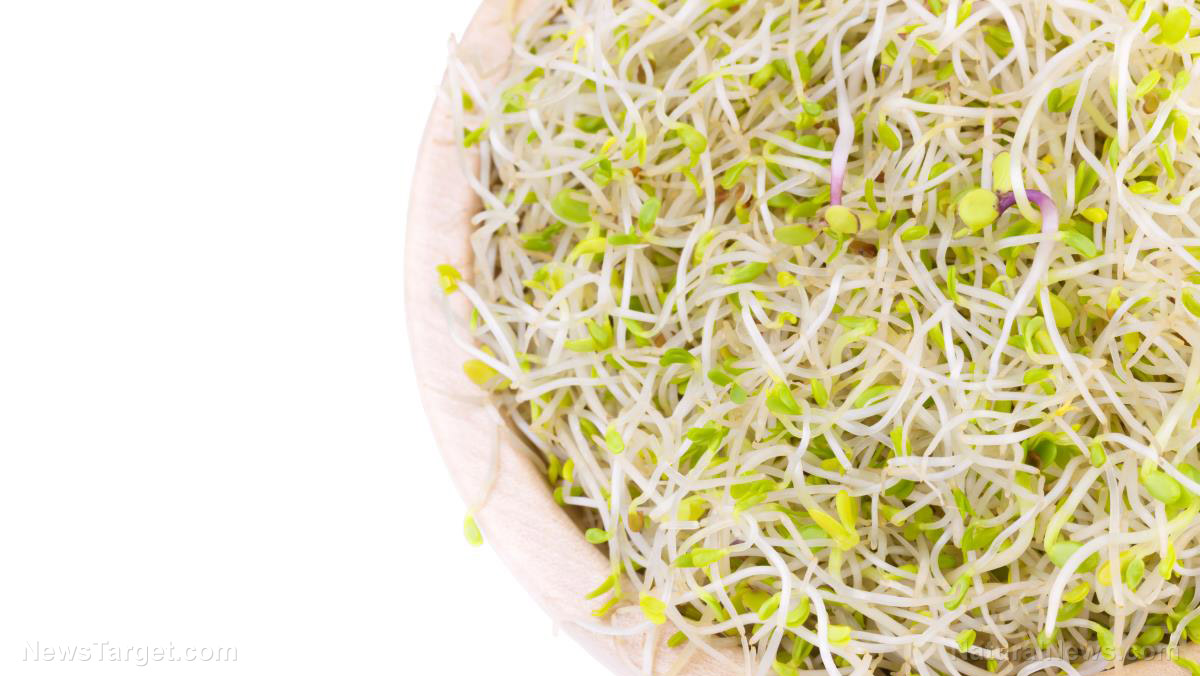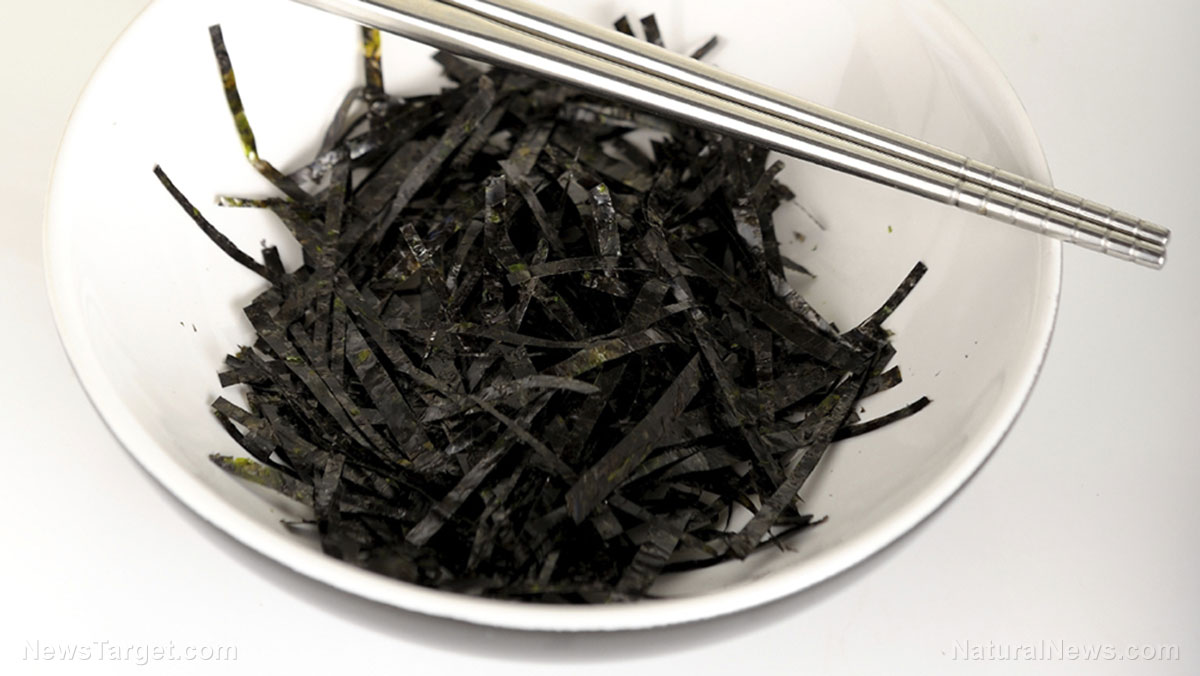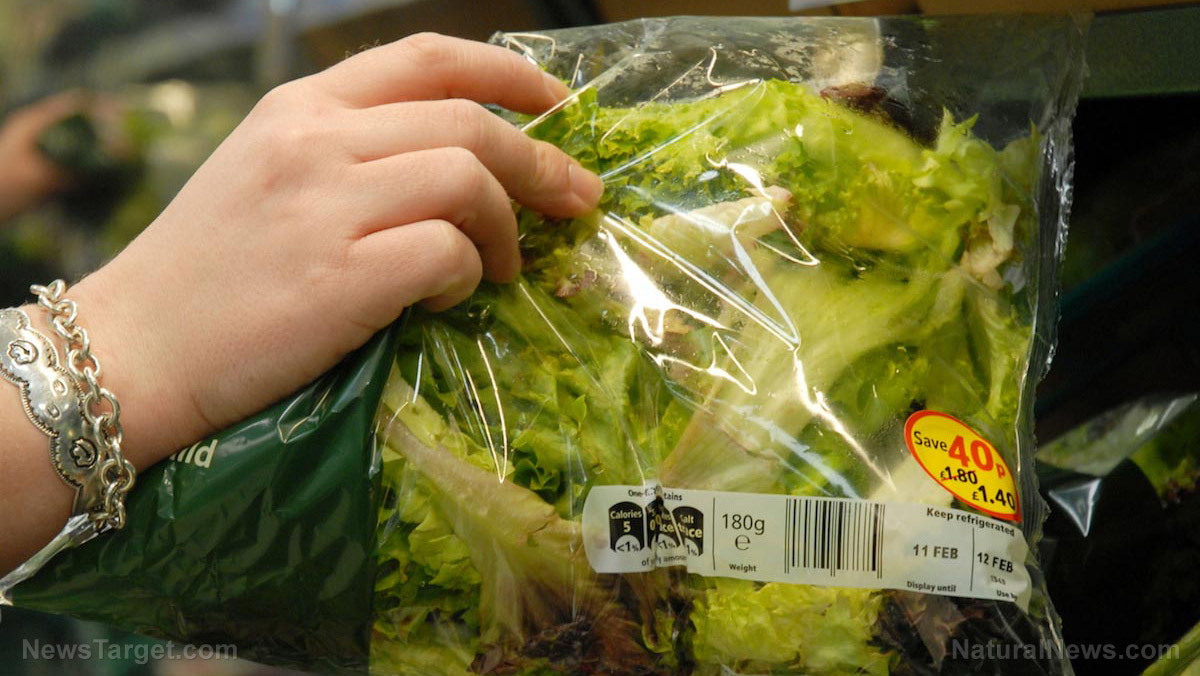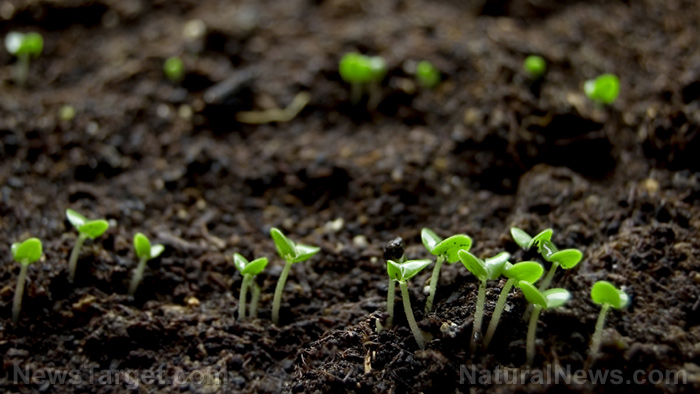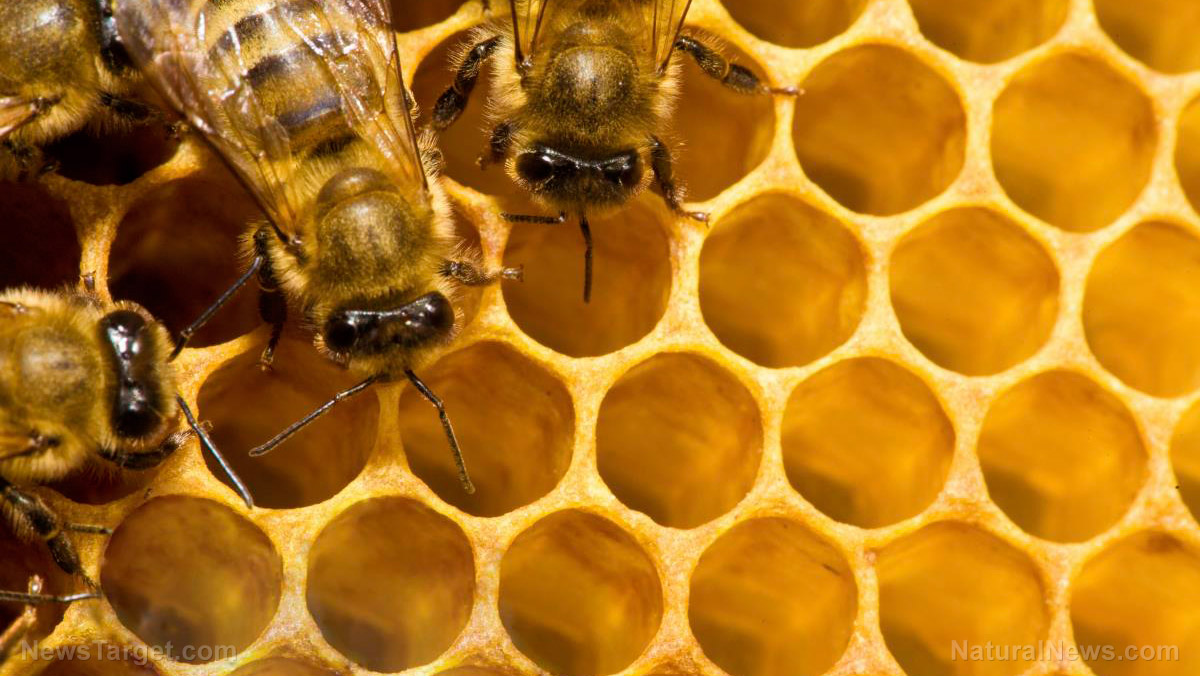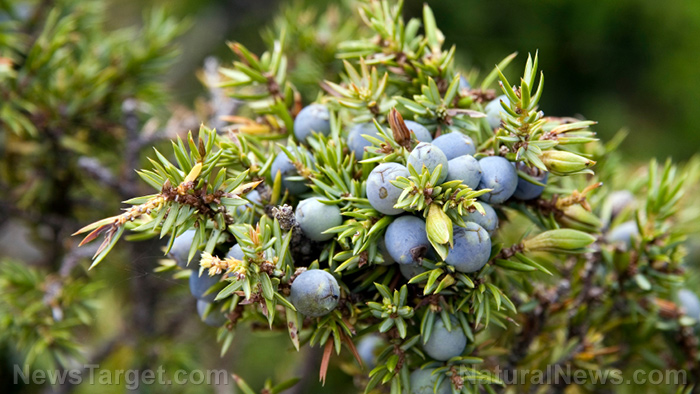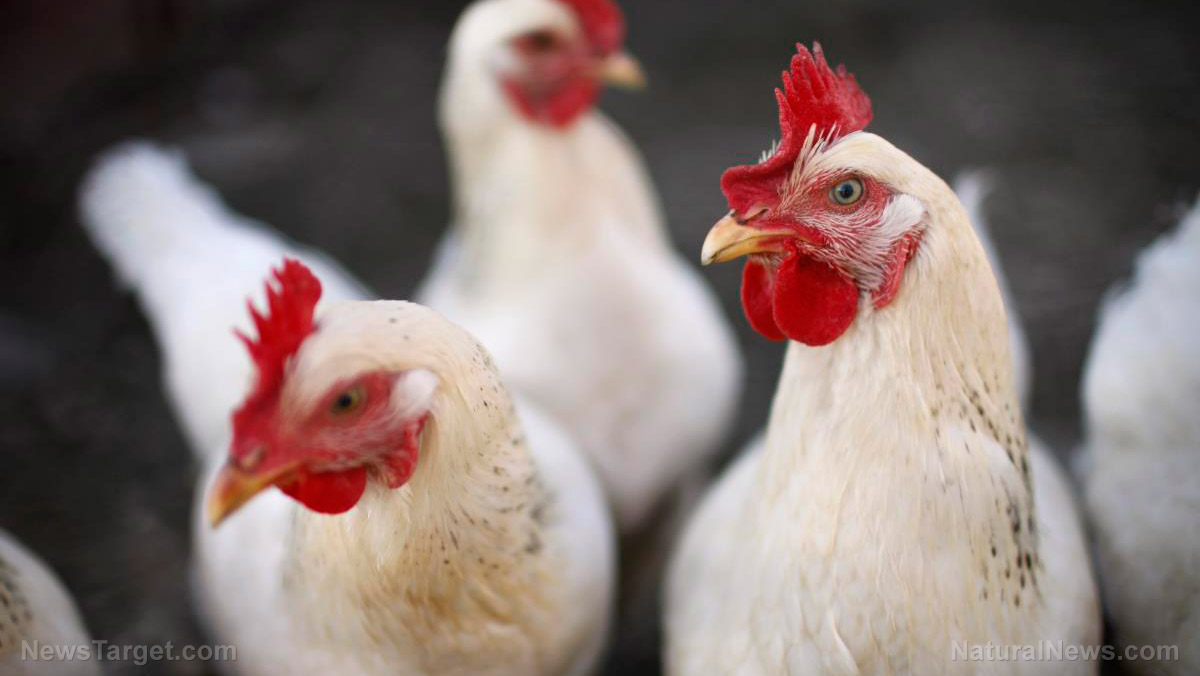Investigating the efficacy of organic fertilizers on the availability of dissolved nitrogen in pot grown herbs
04/24/2020 / By Evangelyn Rodriguez
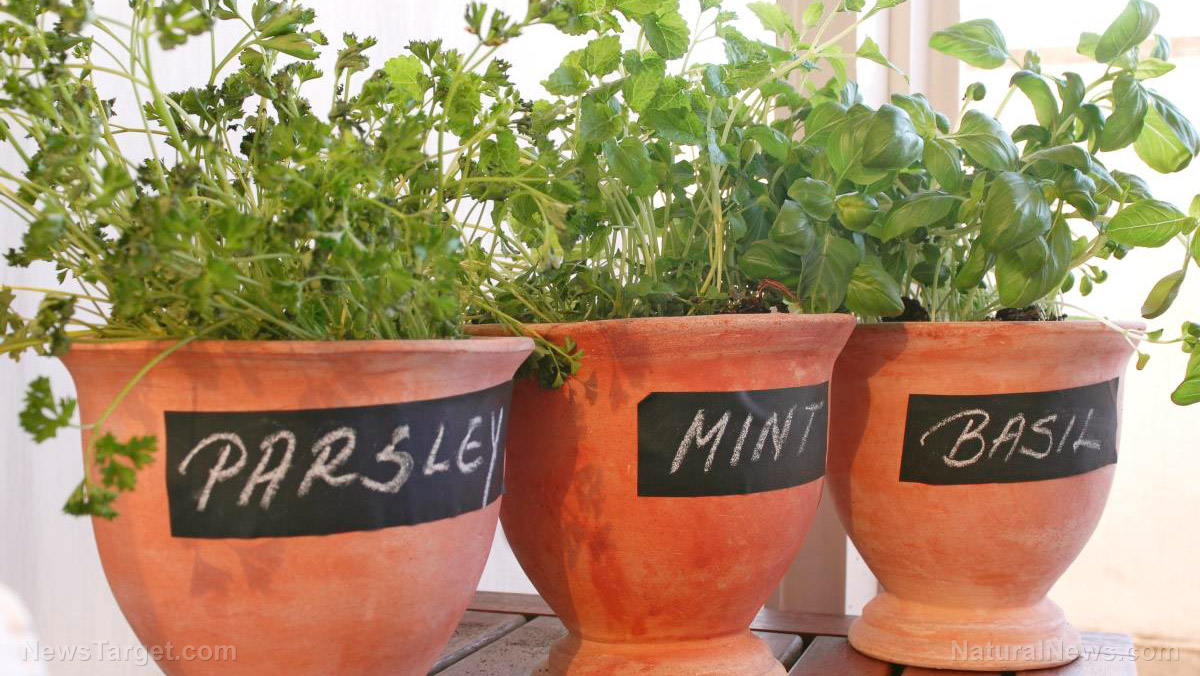
In this study, Swedish researchers evaluated the release of minerals during the crop cycle from different organic fertilizers mixed into the growing medium for pot-grown crops. Their results were published in the journal Biological Agriculture & Horticulture.
- Potted herbs are often cultivated as certified organic products.
- However, matching the mineralization and availability of dissolved nutrients with plant demand when using organic fertilizers is a challenge.
- The researchers hypothesized that the rate of nitrogen release will restrict plant growth when organic nutrient sources are mixed with a limited amount of growing medium.
- To test this hypothesis, they cultivated sweet basil and Pelargonium × hortorum (zonal geraniums) using two different organic fertilizers and controlled-release mineral nutrients as control treatment.
- The two fertilizers they used were blood meal + a plant-based organic fertilizer and poultry manure.
- The researchers monitored the availability of dissolved nitrogen during the crop cycle using under-pressure lysimeter sampling.
- They also measured plant development parameters along with chlorophyll fluorescence and chlorophyll concentration in leaves.
- The researchers reported that for both organic treatments, nitrate-H availability was low at the beginning but ammonium-N was high.
- After a few weeks, ammonium availability began to decrease while nitrate availability began to increase. The latter declined again at the end of the experiment.
- The blood meal + plant-based organic fertilizer treatment caused poor germination and slow growth in basil. It also affected plant height and fresh weight for basil, but not for Pelargonium.
- Poultry manure treatment, on the other hand, resulted in paler leaves and lower chlorophyll concentrations.
- No differences in chlorophyll fluorescence were detected during both treatments, indicating that neither caused stress to the plants.
Based on these findings, the researchers concluded that crops can be grown in pots with a crop cycle of seven to eight weeks without additional application of organic fertilizers during crop growth. However, for fertilizers like poultry manure, mineralization might be too slow to supply pot-grown crops with sufficient nitrogen.
Read the full study at this link.
Journal Reference:
Bergstrand K-J, Lofkvist K, Asp H. DYNAMICS OF NITROGEN AVAILABILITY IN POT GROWN CROPS WITH ORGANIC FERTILIZATION. Biological Agriculture & Horticulture. 17 July 2018;35(3):143–150. DOI: 10.1080/01448765.2018.1498389
Tagged Under: agriculture, ammonium, green living, harvest, Herbs, home gardening, manure, mineralization, Nitrogen, organic fertilizers, organic produce, organics, pot herbs, pot-grown plants, potted crops, research, soil nutrients, veggie
RECENT NEWS & ARTICLES
COPYRIGHT © 2017 GREEN LIVING NEWS

